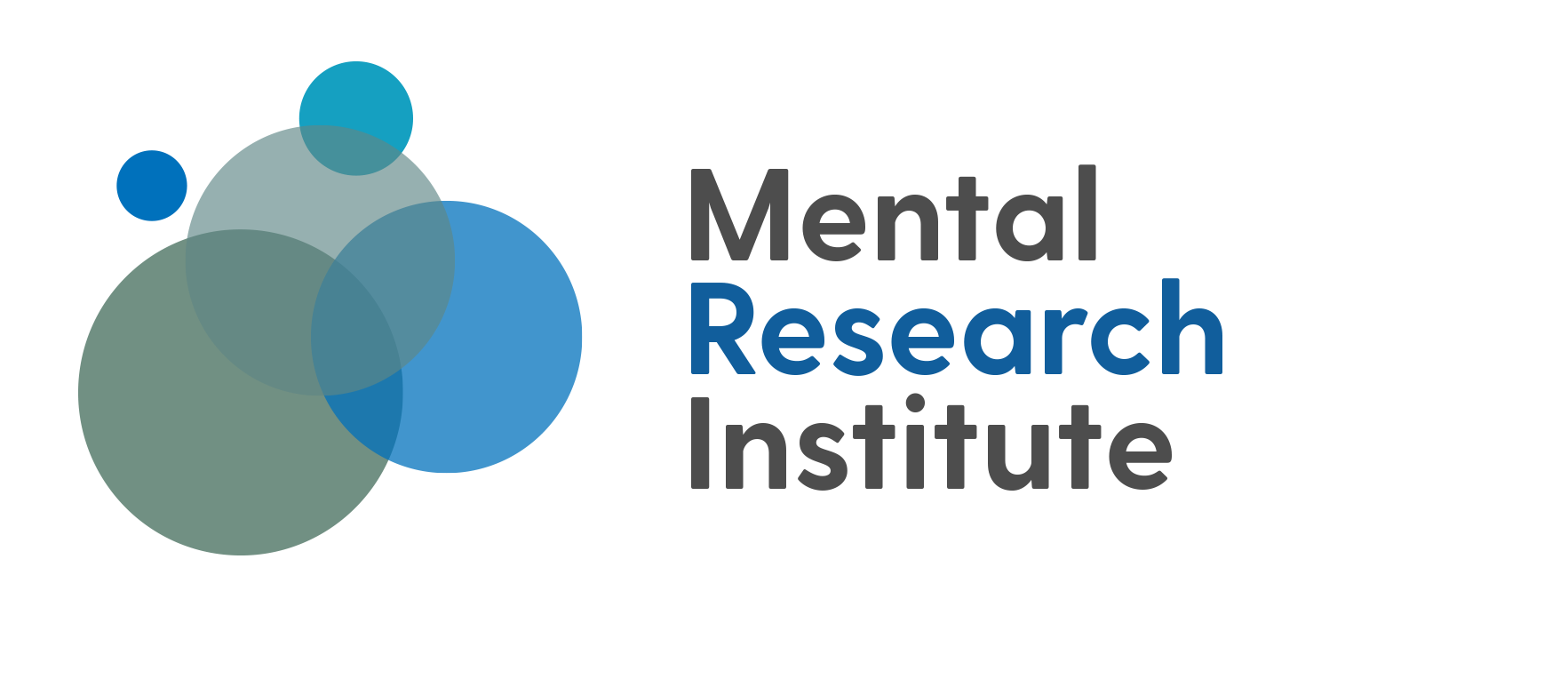Evaluating Promoting Resilience in Self-Management (PRISM) in Community Settings
Substance use disorders are a threat to public health and result in substantial costs to the substance users, their families and the community. The greatest increase in use is among young adults ages 18 to 25.
Substance use disorders continue to be a significant problem for families. Particularly, when a young adult develops a substance use disorder a caregiver, often a parent, assumes a caregiving role. Caregivers provide crucial emotional support, resources and often access to treatment. As a result of providing intense caregiving, caregivers may experience strain, including financial difficulty, health and mental health concerns. They experience stress and burden related to the care they provide.
Drs. Carissa D’Aniello-Heyda, Associate Professor of Community, Family and Addiction Services at Fairfield University, Rachel Tambling, Professor of Human Development and Family Sciences at the University of Connecticut and Beth Russell, Associate Professor of Human Development and Family Sciences at the University of Connecticut used an MRI grant in a pilot study to test whether the PRISM Program can relieve caregiver anxiety, depression, perceived stress and burden.
The PRISM program, based on Linehan’s Dialectial Behavior Therapy, is a group-based intervention over eight weeks. Dr. D’Aniello-Heyda and her colleagues found that the PRISM program was successful particularly in reducing anxiety, depression, perceived stress and caregiver burden of the family members of young adult substance users. Further analysis and research will focus on identifying within-subject changes from pre to post workshop.
Additionally, follow-up interviews and surveys will be needed to assess family function.
